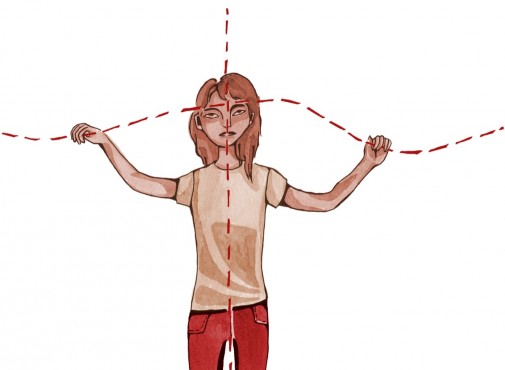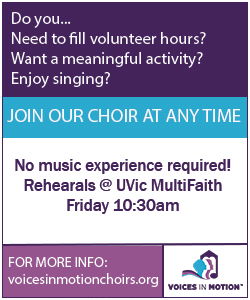In this article, I want to discuss a question that I have been asked more times than I can count: “How much Aboriginal are you?” Just writing the words, my blood instantly begins to boil and stir uncomfortably through my body, as though I can feel my ancestors getting rattled.
A friend from school recently asked what my typical response is to this question. Despite my desire for a punchy and quick-witted response, I had no answer for her . . . just like every other time. All I could come up with was a pounding heart, and a sense of defeat.
I realized in that moment that I didn’t want to feel this way again. I told myself that I needed a one-liner that assertively combined retaliation and respect. No one should have to feel like they have just lost the battle of proving their identity.
One week later, I raised this issue in one of my safest communities: Sisters in Spirit, the YWCA Aboriginal Youth Mentorship Program. I bumbled through an explanation of my experience during our opening sharing circle. As I spoke, my vulnerability and pain was reflected in the expressions of my fellow mentors and mentees. Their eyes expressed an intimate understanding. We were collectively fed up with being asked these types of questions: Are you allowed to live on reserve? How can you have an Aboriginal scholarship? Are you even status? What are you, like, an eighth?” A youth in the circle said her response to the last question is always, “I am not a piece of a pie; I am a whole person.”
Our group leader discussed these questions as examples of blood quantum—a colonial concept that has been imposed upon Aboriginal peoples. Explicitly designed to strip away our rights and existence, it leaves us feeling powerless. The issue is as pertinent as ever, continuing to force our identification into boxes like First Nations “status” or “non-status,” our blood boiling along the way.
Within the fields of health research and program evaluation, I have learned the importance of asking good questions. Word choices are compared for the potential answers they could elicit. Surveys are piloted, and the meaning behind each question is critically assessed. Upon deconstructing the blood quantum question, its colonizing nature becomes quickly apparent as a means of silencing Aboriginal peoples. In my experience, answering it survives its very purpose. I feel powerless and voiceless. My shoulders hunch over, and I become smaller, literally taking up less space.
It is critical that we start asking better questions—ones that meaningfully seek to understand Aboriginal health outcomes and experiences. Research is in dire need of decolonizing methodologies. It is to no one’s benefit to perpetuate these inequities and colonial mentality. It is time that we start asking questions that give power, give life, and give voice to Aboriginal peoples.
Despite the aim of blood quantum to divide us, our unity as a sisterhood became stronger that day. The circle had an air of peace and safety that said, “You don’t need to defend yourself here.”
Instead of that sharp one-liner, I left with the realization that there is no need to have the perfect words because we don’t even have to answer the question. Indigeneity lies not just in our blood: it runs through our minds, our hearts, and our collective Aboriginal spirit.
I would like to acknowledge my sisters at the YWCA Aboriginal Youth Mentorship Program for allowing me to share their voices and wisdom.







